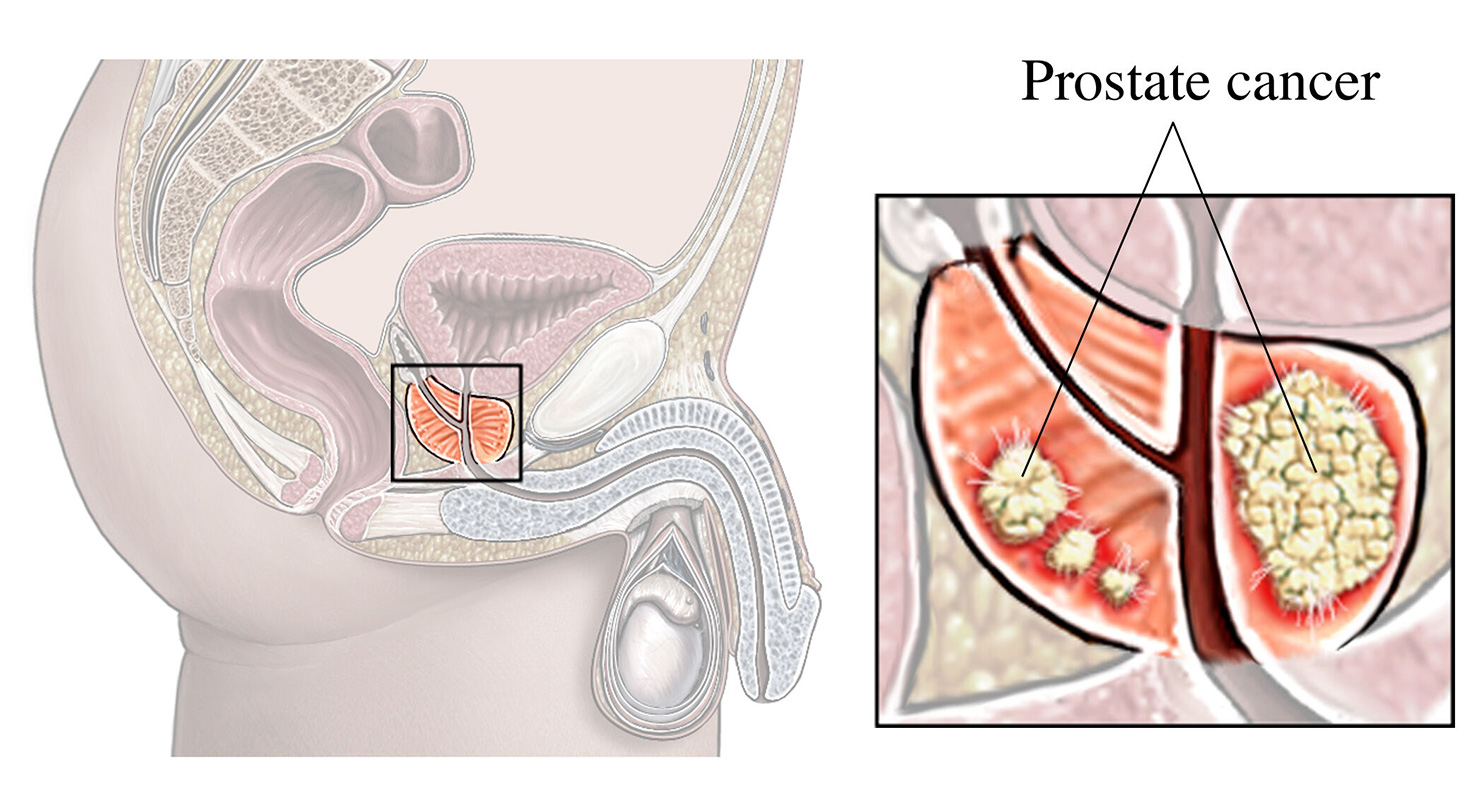Prostate Cancer Treatment
"Patients can rest assured that we have more experience than anyone else in the region for robotic surgery for straightforward and complex cases."
Clayton Lau, M.D., PAULINE & MARTIN COLLINS FAMILY CHAIR IN UROLOGY
Following a prostate cancer diagnosis, the care team will work with you to create a personalized treatment plan based on your cancer subtype and stage, as well as your goals. These individualized treatments are designed to preserve urinary and sexual function whenever possible.
How Is Prostate Cancer Treated?
The most common treatments for prostate cancer are surgery, radiation therapy and drug therapy.
Your multidisciplinary prostate cancer care team may include a variety of specialists, all of whom work together to determine personalized, targeted treatment options that offer optimal health outcomes. You may work with oncologists, pathologists, nurses, radiologists, researchers and support staff during your treatment.
Prostate Cancer Surgery
Surgery is the standard option for most prostate cancer patients, particularly in the early stages when cancer has not spread beyond the glands.
Radical Prostatectomy
Usually, our surgeons perform radical prostatectomy, which removes the prostate gland, seminal vesicles and surrounding tissues. By avoiding nearby nerves and blood vessels, we aim to limit the effects on urinary or sexual function. Sometimes, your surgeon may also remove and examine neighboring lymph nodes to determine if the cancer has spread.
Compared to an open surgical approach, robotic prostatectomies offer less pain, reduced scarring and faster healing time. We also offer an extensive recovery and follow-up program to help monitor and manage complications or side effects, including changes to your sexual or urinary function.
Radiation Therapy
Radiation therapy uses high-energy X-rays or other forms of radiation to kill cancer cells. It can be delivered externally, using focused beams of energy, or internally, by placing a radiation-emitting substance in or near a tumor. Depending on the prostate cancer type and your overall health goals, doctors may recommend radiation therapy on its own or in conjunction with surgery and drug therapy. Radiation can also be used to relieve prostate cancer symptoms.
Your radiation therapy options may include those listed below.
- Image-guided external radiation systems, including TomoTherapy and TrueBeam: These systems combine detailed imaging and radiation delivery technologies, allowing our care team to “sculpt” radiation beams to the tumor site while avoiding nearby healthy tissue. This makes best use of radiation’s cancer-fighting ability while minimizing exposure to the bladder, rectum and nearby organs.
- Magnetic resonance imaging (MRI)-guided focused ultrasound: This nonradiation technology uses MRI to take images of the prostate area, followed by a highly focused ultrasound that heats up and destroys cancerous tissue.
- Brachytherapy: This involves the placement of radioactive material next to or within a tumor site. Depending on the stage of the cancer, your overall health and your treatment goals, the radioactive material may be low-dose-rate (placed permanently) or high-dose-rate (placed for a few minutes then removed).
Drug Therapy for Prostate Cancer
Drug therapy treatments can help the body fight prostate cancer by killing the cancer cells or stopping their growth and spread. In some cases, your cancer care team may recommend genetic testing to identify the most potentially effective treatments for you. Some common drug therapies include those listed below.
- Hormone therapy, which blocks the production or activity of hormones like testosterone and dihydrotestosterone (DHT), which fuel most prostate cancer growth.
- Chemotherapy, which targets all rapidly dividing cells, including prostate cancer cells.
- Targeted therapy, which selectively attacks prostate cancer cells based on specific characteristics, such as a gene mutation.
- Immunotherapy, which stimulates your immune system to attack cancer cells.
Your care team will help you understand which drug therapies may be best for you, based on key factors such as the cancer stage and type, what other treatments you have had and your health goals. Doctors may also prescribe drugs to treat conditions related to prostate cancer, such as weakened bones or sexual dysfunction.
Active Surveillance for Prostate Cancer
For men with early-stage, slow-growing prostate cancer, active surveillance may be considered a treatment option, if the benefit of immediate treatment does not outweigh the risk. This approach includes regular digital rectal examinations of the prostate and monitoring prostate-specific antigen (PSA) levels. Active surveillance typically catches prostate cancer in its earliest stages, when it is still very treatable with surgery, radiation or drug therapy.
If symptoms begin to appear, you can discuss further treatment options with your provider.
